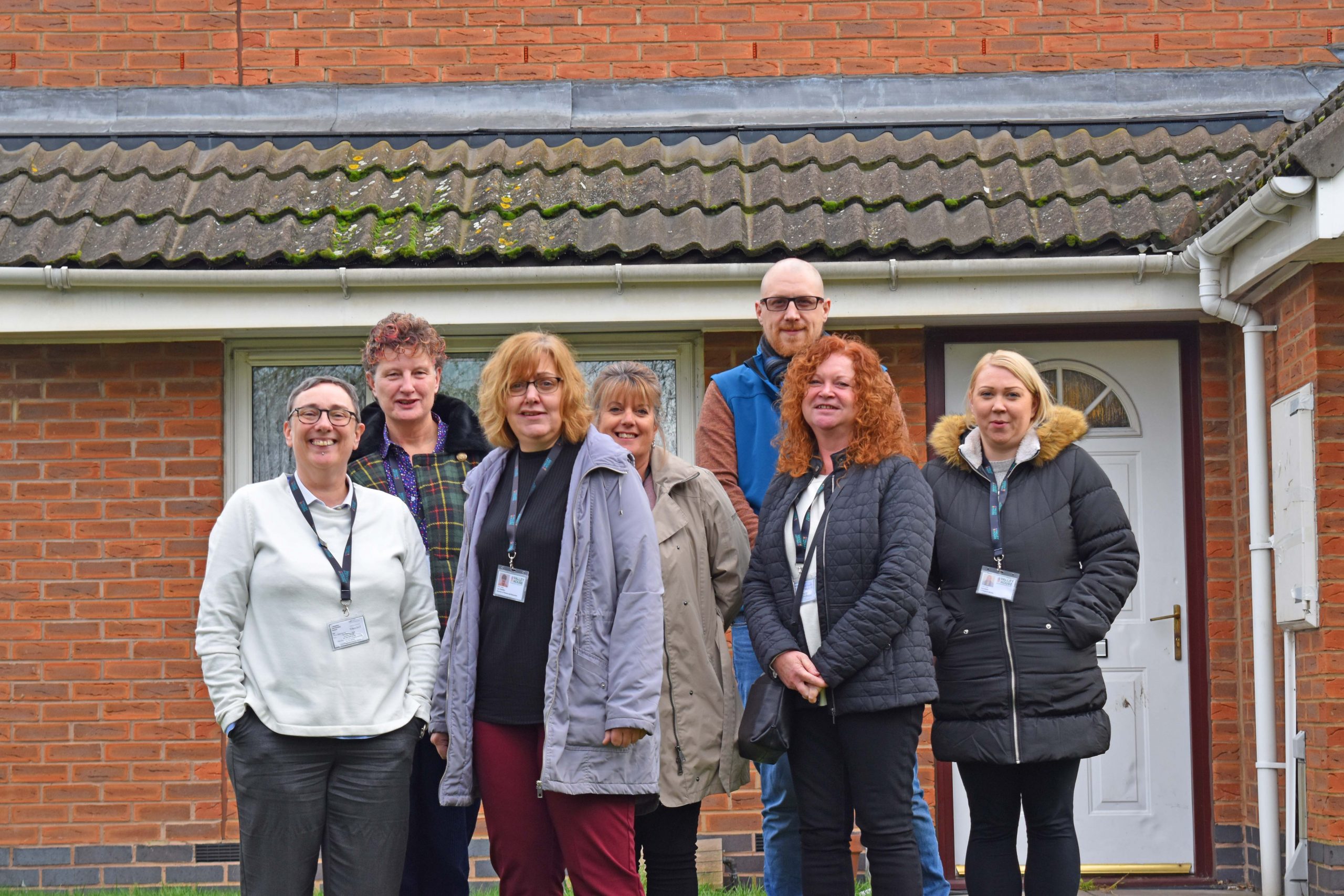Established in 1977, Valley House is a Coventry-based housing charity which has grown from being a single house to an entire organisation offering a range of accommodation and community-based services for vulnerable people in and around Coventry.
The charity provides supported accommodation for young parents aged 16 to 24 years old and individuals and families who are escaping domestic abuse, helping them to live in a safe environment and providing personalised support. It also runs a children’s nursery and offers community wellbeing services for a wide range of beneficiaries.
Currently, Valley House’s accommodation consists of properties leased from registered providers of social housing and private landlords. It has 80 units of accommodation across 55 properties in the city, 6 of which are for young parents and the remainder for people who are fleeing domestic abuse.
The charity has faced some challenges in terms of providing housing. Some registered housing providers have started to change their business models by selling off their social houses or leasing them to private landlords, reducing the amount of social housing available for charities like Valley House.
Valley House also anticipated struggling to source alternative accommodation from the private sector and decided to change direction and consider buying property.
When one of their housing providers approached them last year about purchasing some of their properties, LJ Winterburn, CEO at Valley House decided to approach SASC for social investment to take up this opportunity.
Social investment for the first time
SASC invested £2.5m from its Social and Sustainable Housing (SASH) fund into Valley House in December 2019.
SASH has a unique structure, which reduces the investment risk for charities, and this really appealed to Valley House. The financial formula is based on occupancy and voids, so the charity pays for the loan quarterly, depending on how many service users it has – something a traditional mortgage would not allow.
With the investment loan, Valley House plans to purchase 22 properties to provide safe, high quality accommodation for individuals and families escaping domestic abuse and for young parents who cannot live independently.
These plans are now underway. Recently, thirteen properties ranging in size from 1 bed to 4 beds were purchased from a registered provider, which will enable the charity to house 15 people. It will also acquire a further nine residential properties to support 13 individuals to meet newly identified housing needs.
This is the first time Valley House has taken on social investment and LJ describes it as a ‘godsend’. They have now become property owners, instead of having to rely on private landlords, who can be reluctant to rent to charities because they perceive there to be a higher risk from their service users.
LJ highlights that often when housing associations lease to private landlords they hike up the rents, making them too expensive for charities. Also, private rented homes can be poor quality and located in bad areas – so not appropriate for their service users.
Using the loan, Valley House can now provide safe, secure accommodation across Coventry and continue to support and help people move towards independent living. They are now able to manage the maintenance of the houses themselves too, ensuring any work is undertaken promptly and to a high standard.
The investment will also enable Valley House to progress its strategic plans and consider additional services for helping a broader range of service users.
The impact of lockdown
Valley House staff are classed as essential workers, so during lockdown they were permitted to work. They continued to take referrals into their accommodation service; ensuring vulnerable individuals and children who were escaping domestic abuse had somewhere safe to go.
With the rise in domestic abuse during lockdown this was a crucial service. The number of referrals into the service in March was nine, rising to 19 in April. From May until August monthly referrals ranged from between 15 to 18. The nursery also stayed open to provide childcare to vulnerable children and the children of key workers.
The Covid-19 situation did slow the property purchases and there was little movement within their property portfolio or move-on accommodation from the Local Authority. This meant that people who had been ready to leave their services were unable to do so, which led to a growing waiting list of people needing accommodation.
Valley House had regular meetings with the Local Authority during this time which led to the Local Authority commissioning an additional 7 units of accommodation to try and meet the rise in demand.
Now things are progressing again. The charity has completed on the first set of properties and will be working hard to acquire a further nine residential properties and get them ready for occupancy, so they can house more people and reduce waiting lists.
The future
Taking on social investment has been a huge learning curve for Valley House, but also it has been a highly positive experience. The funding will make the charity more financially sustainable in the long term as it will own the assets and no longer be so reliant on the private rented sector.
LJ highlights that their beneficiaries will benefit from being able to live in safe, secure, high-quality accommodation, which is particularly important for people who have suffered trauma in their life.
They will have a well-maintained home in a nice area, removing any anxiety that comes from living in poor quality housing and enabling them to focus on healing and moving forward with their lives. One beneficiary said, “The support I’ve received is priceless”, another said “I feel eternally grateful for the service I’ve received and what Valley House do is amazing.”


